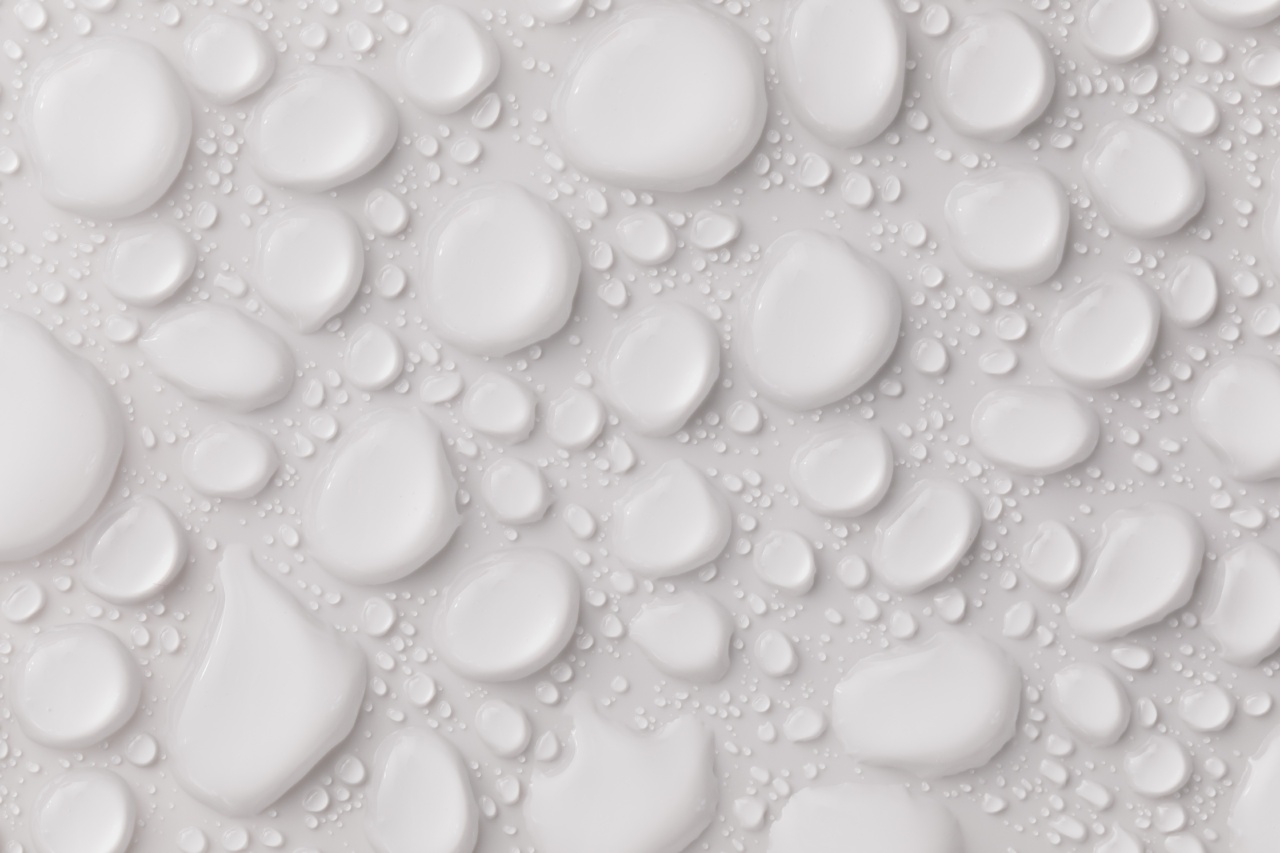Herpes shingles, also known as herpes zoster, is a viral infection that causes a painful rash. It is caused by the varicella-zoster virus, the same virus that causes chickenpox.
The virus lies dormant in the body after a person recovers from chickenpox and can become active years later, leading to the development of shingles. While the occurrence of herpes shingles cannot be completely eliminated, there are several effective measures that can help minimize its frequency. This article will discuss ten important measures to reduce the occurrence of herpes shingles.
1. Vaccination
Vaccination is one of the most effective ways to minimize the occurrence of herpes shingles. The varicella-zoster virus vaccine, also known as the shingles vaccine, is recommended for individuals above the age of 50.
It helps boost the immune system and reduces the risk of developing herpes shingles. It is crucial to consult with a healthcare provider to determine if vaccination is suitable for you.
2. Maintaining a Healthy Immune System
A strong immune system is vital in reducing the chances of herpes shingles outbreaks.
Adopting a healthy lifestyle, including regular exercise, balanced diet, stress management, and adequate sleep, can contribute significantly to maintaining a robust immune system. Additionally, avoiding smoking and excessive consumption of alcohol can also help support a healthy immune response.
3. Stress Reduction
Stress can weaken the immune system and trigger shingles outbreaks.
Implementing stress reduction techniques such as engaging in relaxation exercises, practicing mindfulness, getting regular massages, and participating in activities that bring joy and relaxation can help minimize the occurrence of herpes shingles.
4. Good Hygiene Practices
Maintaining good hygiene practices can also play a role in minimizing the occurrence of herpes shingles.
Washing hands regularly, especially after coming into contact with a shingles rash, can help prevent the spread of the virus to others or different areas of the body. Avoiding close contact with individuals who have weakened immune systems, such as infants or pregnant women, is also crucial.
5. Early Treatment of Chickenpox
Properly treating chickenpox in children can lower the risk of developing shingles later in life.
Administering antiviral medications and following medical advice for managing symptoms can help reduce the chances of the varicella-zoster virus becoming dormant and causing shingles in the future.
6. Avoiding Direct Contact with Shingles Rash
Direct contact with the shingles rash can lead to the transmission of the varicella-zoster virus. If you have never had chickenpox or were not vaccinated against it, avoid touching or coming into contact with the shingles rash.
It is essential to keep the rash covered and avoid scratching it to prevent the spread of the virus.
7. Boosting Immunity with Nutritional Supplements
Supplements such as vitamin C, vitamin D, and zinc can help boost the immune system and reduce the frequency and severity of herpes shingles outbreaks.
Consulting with a healthcare professional before starting any supplements is recommended to determine appropriate dosages and ensure no interactions with existing medications.
8. Medications for High-Risk Individuals
For certain high-risk individuals, such as those undergoing organ transplants or individuals with weakened immune systems due to certain medical conditions, antiviral medications may be prescribed by a healthcare professional as a preventive measure.
These medications can help reduce the risk of developing shingles or decrease the severity and duration of outbreaks.
9. Avoiding Prolonged Sun Exposure
Excessive sun exposure can weaken the immune system and trigger shingles outbreaks in individuals prone to the virus.
It is important to limit direct sun exposure, especially during peak hours, and use sunscreen with a high sun protection factor (SPF) to protect the skin from harmful UV rays.
10. Prompt Medical Attention
Seeking prompt medical attention at the first signs of a shingles outbreak can help control the symptoms and prevent their exacerbation.
Antiviral medications prescribed by a healthcare professional can help reduce the duration and severity of the rash and lower the risk of complications.






























